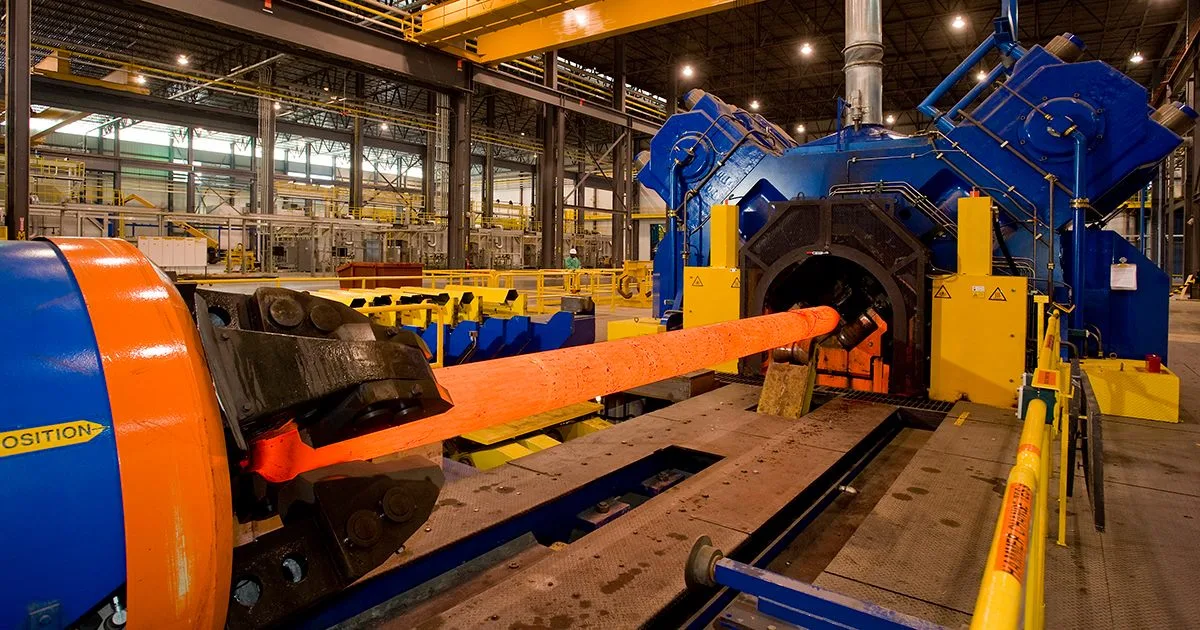Specialty alloys manufacturer ATI saw a significant boost in its second-quarter earnings, driven by strong demand for titanium, particularly in the aerospace and defense sectors. The Texas-based company reported a 28% increase in sales of structural airframe components, reaching $211 million, largely due to higher shipments of titanium plate.
Titanium and titanium-based alloys contributed to 20% of ATI's total sales in the quarter, a 6 percentage point increase from the same period in 2023. The company is continuing its melt expansions in Albany, Oregon, and Richland, Washington, and is in discussions with customers about potential funding for further capacity additions.
CEO Kimberly Fields emphasized the strategic importance of these expansions, noting that customers are investing to ensure reliable supplies and to secure priority in future demand.
Aerospace and defense sales rose 13% year-over-year to $684 million, making up 62% of ATI's total revenue. Jet engine materials, which accounted for over half of these sales, saw a 4% increase to $353 million. ATI attributed this growth to strong demand for forgings, supply chain improvements, and broader customer diversification.
The company remains optimistic about aftermarket demand for spare engine parts, with a notable shift in production toward maintenance, repair, and overhaul (MRO) operations, which now account for 40-50% of ATI's forgings and discs for engine hot sections, up from the historical average of 25%.
Looking ahead, ATI is closely watching two key developments that could significantly increase demand in its core markets: the certification of Boeing's next-generation 777-9 twin-aisle aircraft and the end of the Federal Aviation Administration's cap on Boeing's 737 MAX production.
Despite these positive trends, ATI's second-quarter profits fell by 9.4% to $82 million, mainly due to a higher income tax burden, though revenues grew by 4.7% to $1.1 billion.














 We publish to analyze metals and the economy to ensure our progress and success in fierce competition.
We publish to analyze metals and the economy to ensure our progress and success in fierce competition.
No comments
Post a Comment